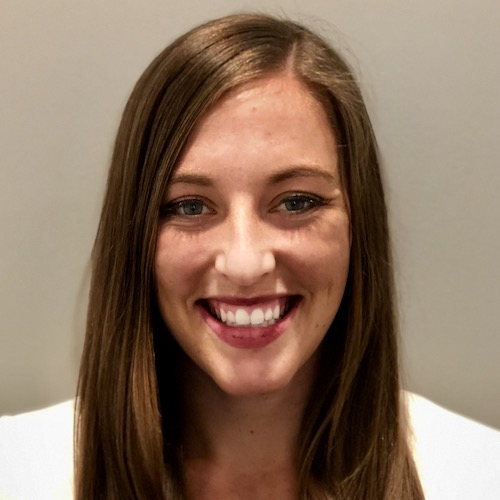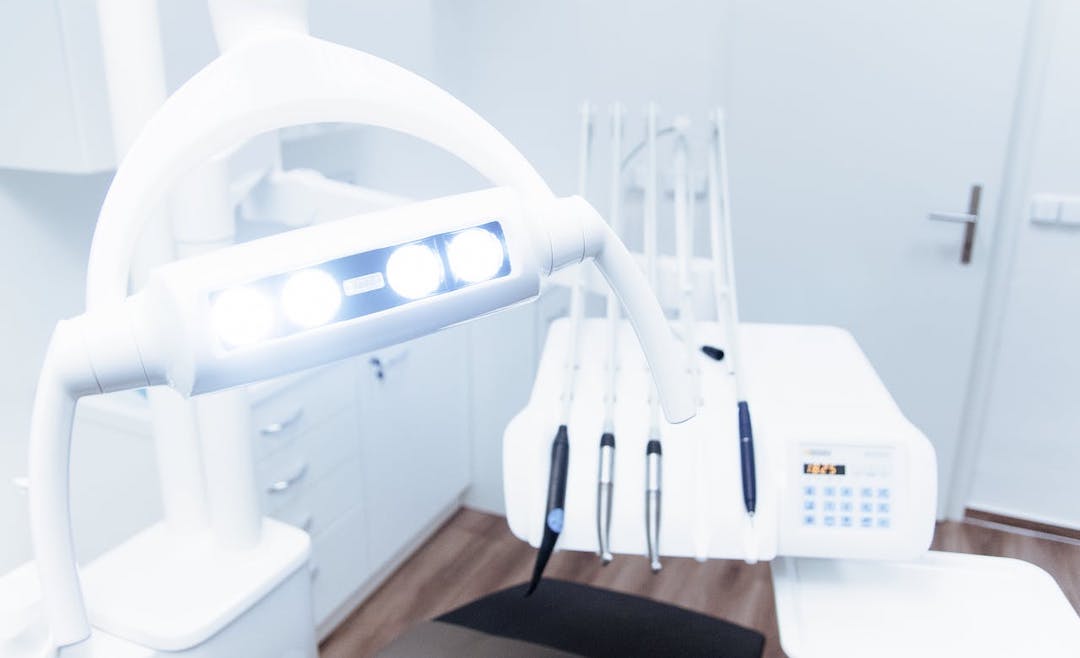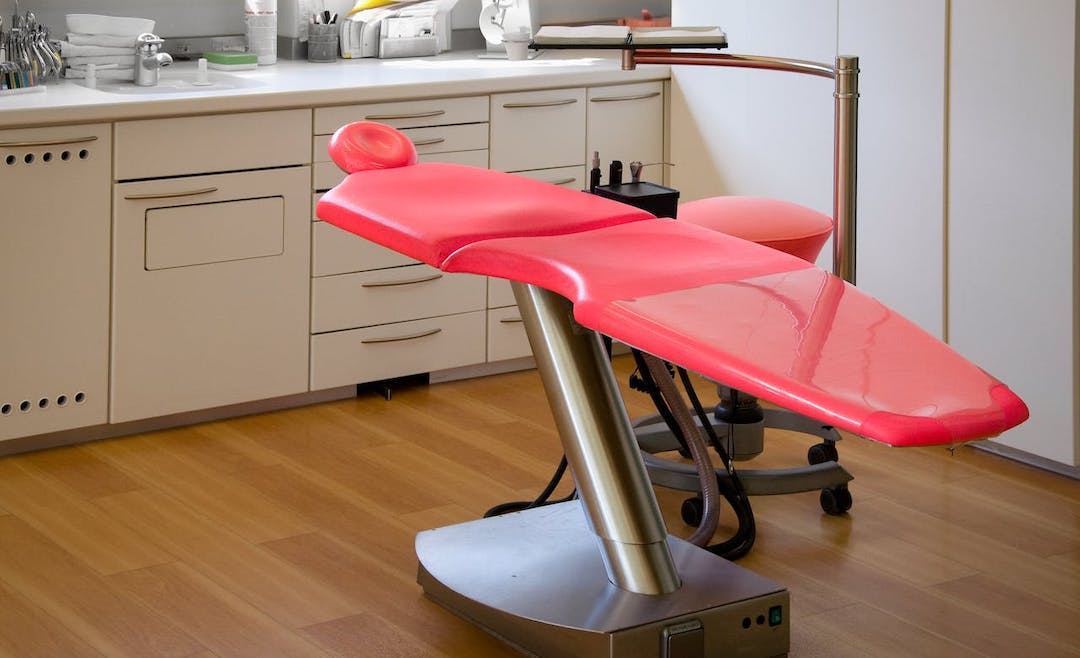Dental assisting is a great career choice for people who want to work in dentistry, help others, earn a decent salary, and get into the workforce quickly. Dental assistants are in demand all over the country, and it isn’t difficult to become one.
But how much do dental assistant school and certification cost?
Dental assistant school and certification can cost anywhere between $1,000 to $40,000, depending on the type of training program you choose.
This guide will go over the cost of different training programs and certifications and how you can get help paying for dental assistant school.
How Much Dental Assistant Classes & Training Program Cost
There are many different types of dental assistant classes and training programs that can help you become a dental assistant.
While it is important to consider cost when choosing a program, make sure you look closely at your state’s requirements before committing to a program.
Cost of Online Dental Assistant Training Programs
Online dental assistant training programs usually prepare you to earn your certificate by taking the Dental Assisting National Board (DANB) Certified Dental Assistant (CDA) exam.
These programs are sometimes self-paced programs, meaning you can complete learning classes as quickly or slowly as you need. There may be live video lectures included in the program to allow students to ask questions or scheduled office hours for students to reach out and speak with instructors over the phone or video conferencing.
Most online dental assistant programs require students to complete an externship in a dental office. Usually, students will have to find an office and a working dental assistant willing to let them shadow for a few shifts.
Online dental assisting programs do not end in a degree, but they will prepare students to earn a certification and are much less expensive than degree programs.
Online training problems cost between $1,000 and $10,000 and typically can be completed in as little as 16 weeks.
Cost of Dental Assistant Certificate Program from a Community College
If you struggle with online learning but do not want to pay for an expensive degree program, a certificate program from a community college might be a good fit.
These programs are taught in person and usually last 6 to 12 months. Community colleges often form partnerships with local dentists’ offices to help their students find externship opportunities.
Tuition for a certificate program can vary, with schools charging between $3,000 to $29,000.
For example, the one-year program at Monroe Community College in New York costs $5,000 for resident students while Ivy Tech Community College costs $7,313. Plaza College in New York is one of the most expensive, with an $18,000 tuition for their dental assisting program.
Cost of Dental Assistant Associate Degree Programs
If you feel strongly about getting a degree, some schools offer associate degree programs for dental assisting. These programs typically take between 18 months to 2 years to complete.
In an associate degree program, you will take basic math, history, English, and social science courses in addition to your dental assisting classes.
The average cost of an associate degree program in 2021 was $7,600. Of course, there is a huge variety in the cost of different colleges. For example, an associate degree from Carrington College in Sacramento California can cost nearly $40,000.
Finding an in-state community college rather than attending an out-of-state private school is a much more cost-conscious choice.
Deciding Which Dental Assistant Program Makes the Most Financial Sense for You
When you consider which dental assisting program to attend, there are a few things to keep in mind.
First, make sure that you choose a program that has been accredited and meets the requirements you need to become a dental assistant in your state.
Second, you should consider the cost of the program. While it may seem important to earn an associate degree, most employers view certificate programs as equal to associate degree programs. In addition, no state requires dental assistants to earn an associate degree.
Third, think about how much time you want to spend working towards your certificate. Online programs can typically be completed the fastest, especially if you are self-motivated and able to learn quickly.
Online certificate programs are almost always the least expensive and the most efficient. If you struggle with online learning, enrolling in a local community college program might be the best choice for you.
Cost of Dental Assistant Certifications
Besides paying for a training program, you will have to pay for your certification. After you pass your exam and pay the initial fee, you will have to pay a yearly fee to maintain your certification.
Certified Dental Assistant (CDA) by the Dental Assistant National Board (DANB)
CDA Cost: $450 + $75 annual renewal fee
The CDA offered by the DANB is the most common certification. Candidates must complete an approved training course or 3,500 hours of supervised dental assisting to be eligible for this exam.
The CDA certification is accepted by most states that require dental assistants to earn a certification, and dental assistants must earn their CDA before getting advanced dental assisting certifications.
The CDA exam costs $450. After initial certification, the annual renewal fee is $75.
National Entry Level Dental Assistant (NELDA) by DANB
NELDA Cost: $400 + $75 annual renewal fee
The NELDA exam is similar to the CDA but is for less experienced or younger dental assistants. Candidates who complete a high school program, or job corp program, or who have between 300 and 3,000 hours of dental assisting experience can apply for the NELDA exam.
Many states require dental assistants who completed their NELDA to earn their CDA within a certain timeframe.
The initial NELDA exam cost is $400 and the annual renewal fee is $75.
Certified Orthodontic Assistant (COA) by DANB
COA Cost: $450 + $90 annual renewal fee
The COA exam is for those who have already earned their CDA or who have worked as a dental assistant for a minimum of 3,500 hours. This exam allows dental assistants to specialize in orthodontic care.
The cost of the COA exam is $450. Since the COA includes orthodontic assisting and infection control certifications, the annual renewal fee is $90.
Certified Preventative Dental Assistant (CPFDA) by DANB
CPFDA Cost: $595 + $110 annual renewal fee
Earning a CPFDA means you can apply topical fluoride (TF), sealants (SE), and coronal polishing (CP). Each of these skills requires taking a separate exam.
The TF exam costs $245, the SE exam costs $175, and the CP exam costs $175 for a total of $595.
Maintaining certifications in these three areas costs $110 per year.
Certified Restorative Functions Dental Assistant (CRFDA) by DANB
CRFDA Cost: $700 + $130 annual renewal fee
Becoming a CRFDA consists of passing four exams including Temporaries (TMP), Impressions (IM), Restorative Functions (RF), and Sealants (SE).
The TMP exam costs $125, the IM exam costs $125, the RF exam costs $275, and the SE exam costs $175 for a total of $700.
Maintaining certifications in these four areas requires paying $130 per year.
State-Specific Certifications
Each state has its own certification requirements for dental assistants. Many states accept certifications from the DANB, but some require additional certifications and examinations to perform specific functions.
For example, in Ohio, dental assistants must pass an expanded functions dental assistant examination (EFDA) before they can monitor patients receiving nitrous oxide or care for patients without a dentist present. The EFDA fee is $25.
Paying for Dental Assistant Schooling or Training
One of the most difficult barriers to overcome when trying to advance a career is the cost of school and training. If you need help paying for dental assisting school, there are some things you can do.
- Scholarships. Scholarships are generally only available to those who are seeking a degree or attending a community college. They are available based on grades, life circumstances, family history, athleticism, financial need, and more. There are online scholarship search tools that make it easy to apply to many scholarships at once.
- Grants. Pell grants are also reserved for students attending colleges and universities. You can apply for a grant by filling out the Free Application for Federal Student Aid (FAFSA). Pell grants are given based on financial need and do not need to be repaid.
- Savings. It is possible to save up and pay in advance for a training program in cash. If you do not have enough money to pay for all of your training upfront, many certificate programs offer payment plans.
- Federal student loans. There are a few different types of student loans that you can apply for if you need help paying for training. You must fill out the FAFSA to see which federal student loans you qualify for. Federal student loans come with lower interest rates, more repayment options, and more benefits than private loans.
- Private student loans. Private loans can be used for certificate programs, community colleges, or degree programs, but usually have higher interest rates and stricter repayment terms. Before you take out any loan, be sure you understand what it will cost in total with interest and make sure you’ll be able to make the required payments. You can learn more about average dental assistant salaries here to help with that.
- Employer sponsorship. Employers are often willing to pay for their new employees' certification, in exchange for a commitment to remain at the company for a certain period of time.
Filling out the FAFSA does not mean you have accepted a grant or loan. After you fill out the form, you will receive an email that provides details about the aid you qualify for.
You can then return to your FAFSA account and decide whether to accept the grants and/or loans. All students at eligible schools qualify for at least some federal student loan money but only those with financial need are awarded grants.
A FAFSA form must be filled out by June 30 to be paid by the beginning of the school year.




.svg)











